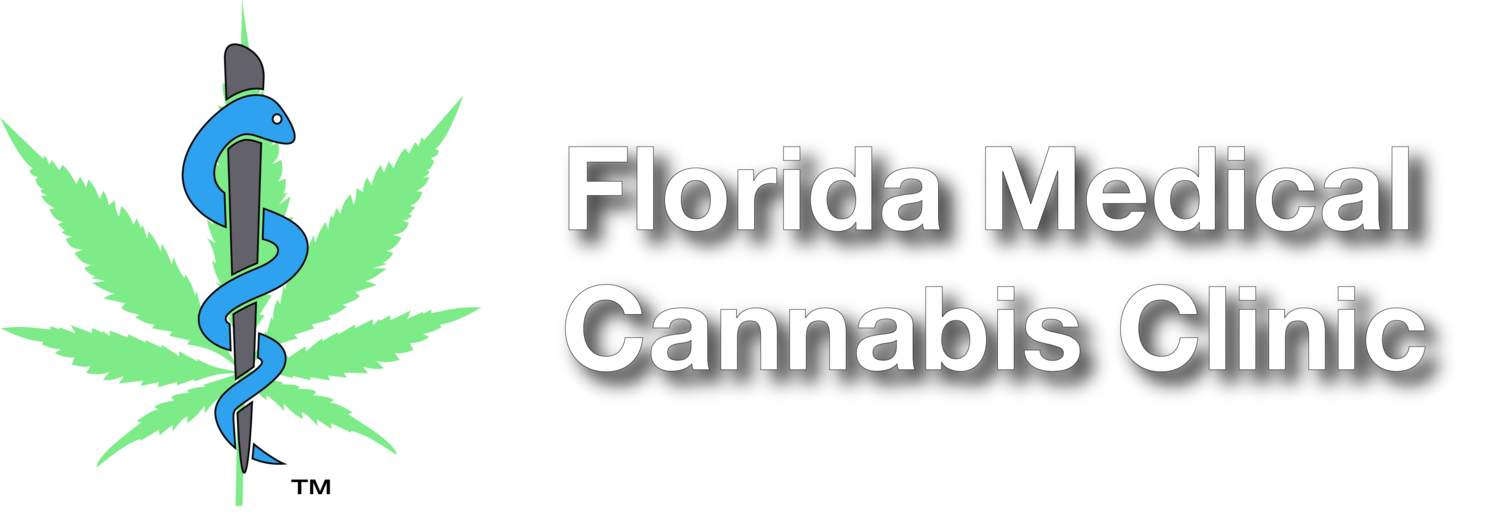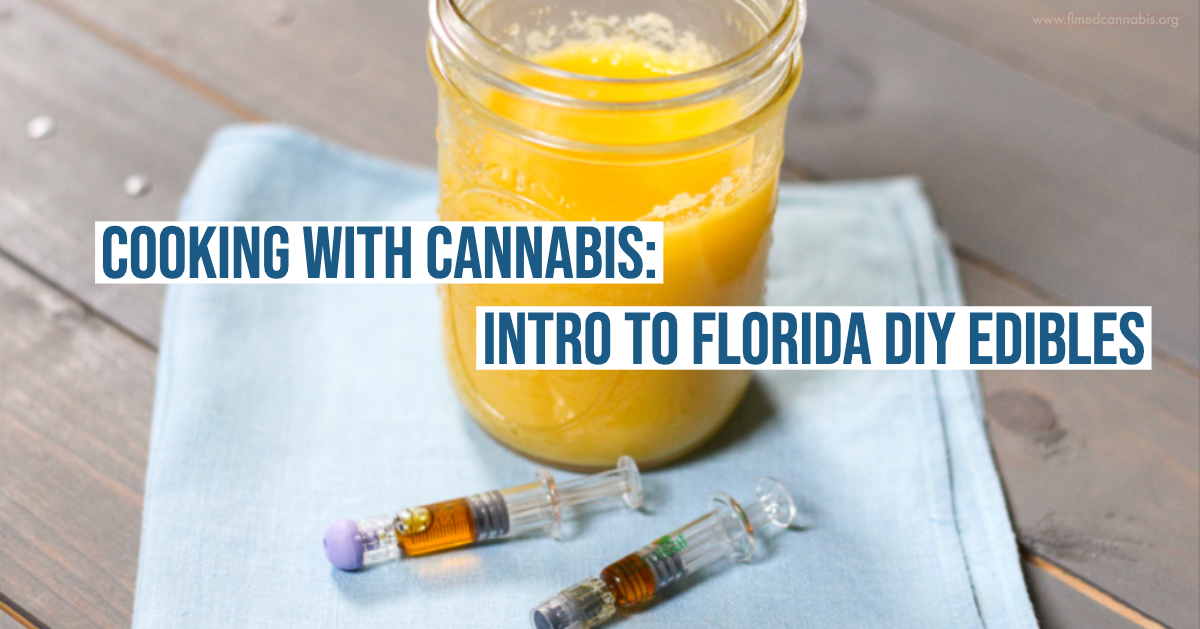Over the 2+ years of seeing patients at Florida Medical Cannabis Clinic, we’ve been stunned at the number of people suffering from the effects of trauma and PTSD. Thankfully, we’ve also been delighted with the profound role that medical cannabis can have in calming the symptoms of PTSD and helping patients find normalcy despite horrific circumstances or events.
What is PTSD?
PTSD begins with a traumatic, threatening event that a person experiences themselves, witnesses, or learns about (for example, learning a close relative has been exposed to a trauma). This event cause feelings of extreme horror, fear, or helplessness. Sometimes these feelings begin right away. For others, these feelings are delayed. When these symptoms persist longer than one month, there is a chance that a person has developed PTSD, an extremely common, but serious health condition.
PTSD can be thought of as an emotional stress overload. When we suffer trauma, stress hormones are dumped into our body, affecting our autonomic nervous, endocrine, and immune systems. In PTSD, this experience of emotional overload can continue long after the trauma itself, triggered to the surface by memories and reminders of the traumatic event.
Common symptoms of PTSD include unwanted upsetting memories, nightmares, flashbacks, distress with reminders of the event, memory loss, depression, excessive guilt, isolation, irritability, aggression, becoming easily startled, shame, difficulty concentrating, difficulty sleeping, and other debilitating symptoms.
What is Complex PTSD?
Some people experience exposure to repeated or prolonged trauma, especially during childhood. Complex PTSD is common in people who suffered childhood abuse, sexual abuse, and/or neglect, as well as those living in war zones or other unstable environments.
In addition to the typical symptoms of PTSD, individuals with complex PTSD may experience difficulty controlling emotions, dissociation, negative self image & perception, difficulty with personal relationships, and changes in belief systems. Individuals with CPTSD are also more prone to learning and eating disorders.
PTSD Treatment
The main treatments for people with PTSD include therapy, medication, or the combination of the two. Lifestyle changes such as diet, exercise, meditation, and mindfulness techniques may also be helpful. Many patients are choosing to replace traditional pharmaceutical medications with medical cannabis.
Cannabis and PTSD
Both THC and CBD are helpful for the debilitating symptoms of PTSD. Research has demonstrated that individuals with PTSD have lower levels of the neurotransmitter Anandamide, our body’s natural endocannabinoid. This suggests that improper tone of the endocannabinoid system could be contributing to the disorder. By adding cannabinoids via medical cannabis, patients often report a reduction of PTSD symptoms including anxiety, hyper vigilance, sleep difficulty, and depression. THC can help to prevent the retrieval of the underlying traumatic memories (reducing nightmares & flashbacks) while also promoting emotional wellbeing and homeostasis. CBD offers powerful anti-anxiety effects with a calming, but non-euphoric feel.
Tips for Using Cannabis for PTSD
Go low and slow. Taking too much cannabis can increase mental health symptoms.
Make CBD a regular part of your routine. Take it daily and consistently.
High THC medications can be helpful for sleep and nightmares. Use inhalation methods to fall asleep, oral methods to stay asleep.
Transdermal patches (applied to a vein) can be helpful for extended situations where you are prone to ongoing symptoms. Transdermal patches provide a stable low consistent dose for 12-72 hours.
Pair cannabis with other lifestyle modalities like mindfulness, meditation, breathing exercises, and/or yoga for optimal mental benefit.
PTSD Resources
Cannabis and PTSD by Project CBD
The Body Keeps Score: Brain, Mind, and Body in the Healing of Trauma by Bessel van der Kolk MD
It Wasn’t Your Fault: Freeing Yourself from the Shame of Childhood Abuse with the Power of Self Compassion by Beverly Engel LMFT
The Complex PTSD Workbook: A Mind Body Approach to Regaining Emotional Control and Becoming Whole by Arielle Schwartz PhD and Jim Knipe PhD.
PTSD Alliance
Post Written By: Kristina Risola, MA, CRC, CHWC
Cannabis Health Coach




